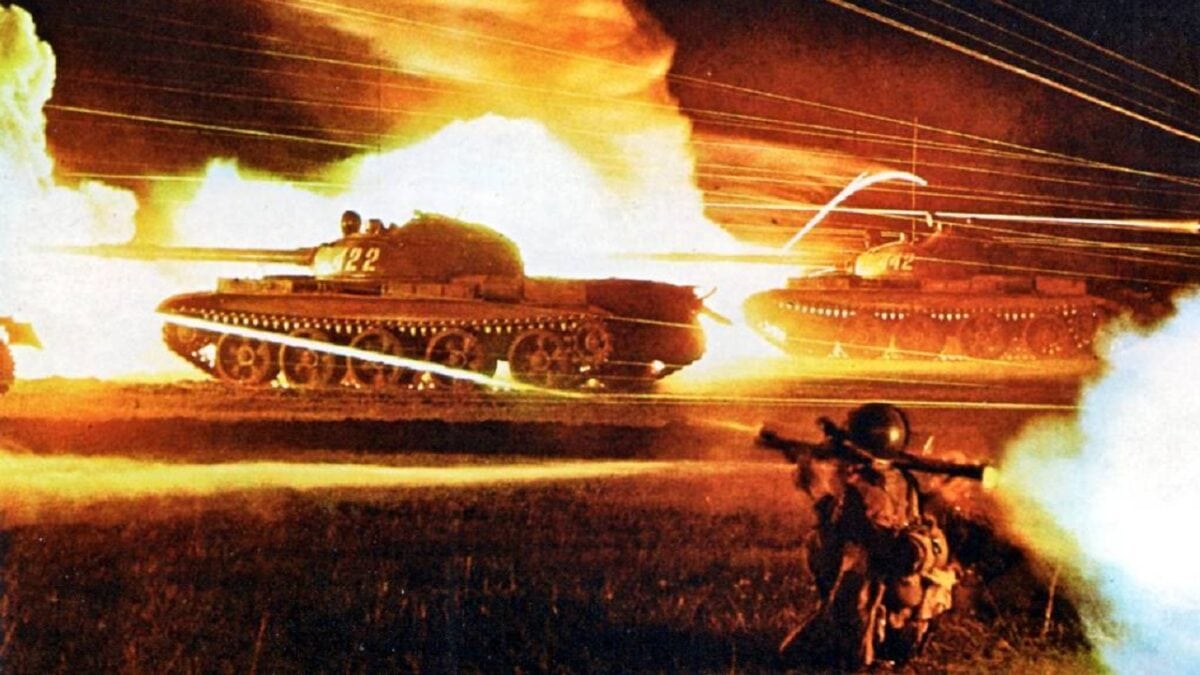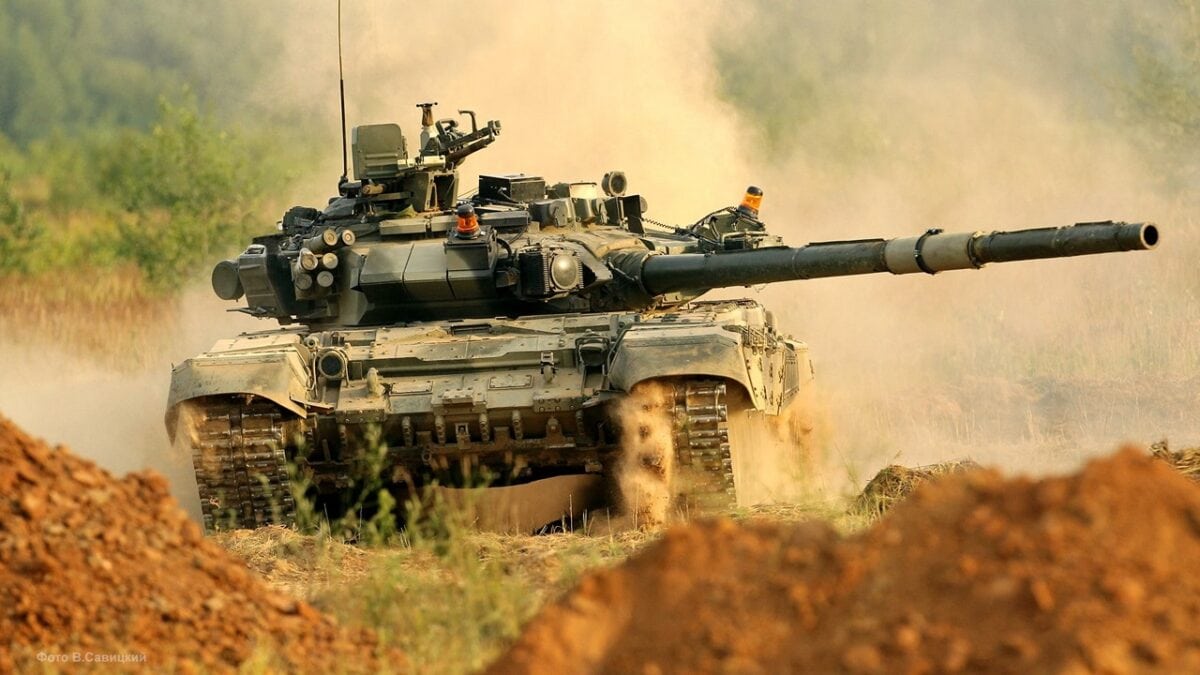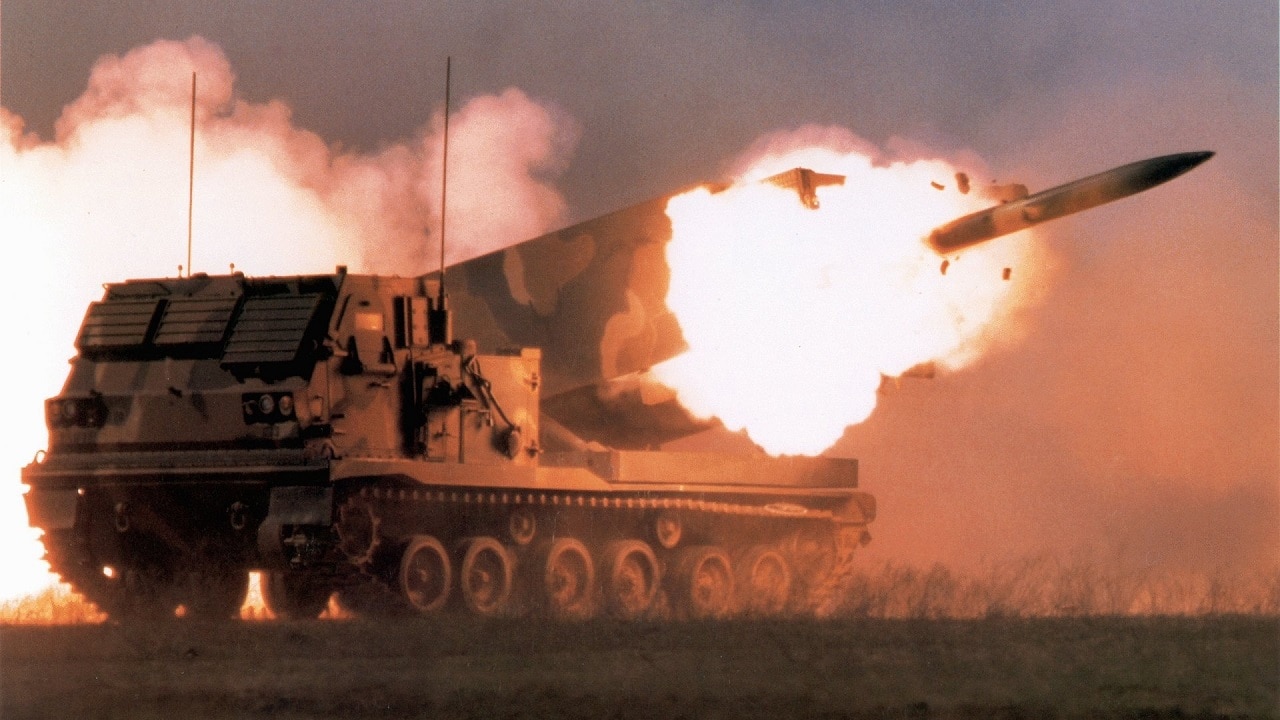It has been just over a month since Russia launched its unprovoked invasion of Ukraine, and there appears over the horizon a possible — if not faint — glimmer of hope that hostilities might soon be scaled back. This sliver of optimism comes as a result of a meeting between Russian and Ukrainian negotiators in Turkey to talk peace terms, and a pulling back of Russian forces from Kyiv and areas north. While it would be naive to place too much hope in these initial halting steps toward a cessation of hostilities, they are nevertheless positive signs.
The hour is still too early for a complete dissection of the significance of this war in the realms of geopolitics and international relations. It is not premature, however, to begin organizing our collective thoughts regarding the lessons learned from the conflict. With that in mind, an initial list of takeaways with regards to Grand Strategy and geopolitics has begun to take shape in this author’s mind. Consider these a starting point from which to launch a more thorough analysis of the implications of this Russo-Ukrainian War.
1. It is imperative to employ the strategic release of intelligence in the pre-invasion timeframe
Vladimir Putin’s Russia has proven adept in a number of areas in the past decade or so, including in the assassination of regime critics, the act of maintaining political power, and nursing a sense of national defensiveness as a means to bolster the power of the regime. While managing an invasion of a determined and spirited neighbor is decidedly not one of the areas of great Russian skill, employing effective propaganda and deceptive messaging is indeed one. At least, it was before the run-up to its invasion of Ukraine.
The U.S. government adroitly utilized the pre-invasion timeframe to strategically release intelligence information on Russian troop build-ups and movements, military and political intentions, and the regime’s planned deception operations it would use to justify the war. When Putin did finally launch the invasion on Feb. 24, the world knew it was coming, and knew the Russian government intended to falsely justify it with deceptive propaganda and straight-up lies. By prepping the global information battlespace in this way, the United States, the West, and Ukraine had already won the battle for moral supremacy.
2. NATO is the heart of the current global order
It is hard to fathom that over the course of the last three decades — particularly in the United States in the four years preceding the Ukraine crisis — that the North Atlantic Treaty Organization (NATO) was more often than not considered passé and beyond its useful lifespan. With the exception of invoking Article V in the aftermath of 9/11, it was as if most of the NATO member countries preferred to think of the defense pact as an anachronism, or at best, as a convenient means to stay somewhat technologically and militarily modern. Of course, Eastern Europe (particularly the Baltic states), never really saw NATO that way, living uncomfortably close to Putin’s increasingly-revanchist Russia. They likely always knew this day would come, and thus found their individual ways into the organization to be safely shielded under its security umbrella.
Now, however, in the wake of Putin’s naked and cynical aggression, NATO is as vital and powerful as it has ever been, and in direct inverse proportion to the increasingly impotent and ineffectual United Nations Security Council (UNSC). While China and Russia hobble the ability of the UNSC to effectively do anything against Russian aggression, it is as though a shock has been delivered to the languishing giant that is NATO. The giant has arisen and is imbued with purpose, vigor, and a righteous and steadfast determination to defend its component parts. This makes it, at present, the most important international organization in the world as far as ensuring the stability and preservation of the current global order.

T-62 Tank in Russian military exercise.
3. Collective defense agreements are critical in the new great power era
Not surprisingly, flowing both from NATO’s robust political and economic response to the current crisis, and conversely, from Ukraine’s lack of protection from a collective defense agreement, other countries around the world will no doubt take away from Russia’s invasion that collective defense falls just below possession of nuclear weapons as the most important means of national self-preservation.
If your neighbor nation is an aggressive and belligerent (and larger) power, bent on redressing what it sees as some historical geopolitical injustice that you have played a part in (even if just by the mere fact of existing), then you will likely want to bolster your defense by trying to ensure that other countries will come to your aid in the event of an invasion. It is a way of making an invasion more painful for the aggressor, and possibly forestalling it altogether.
4. Naked aggression carries great risk for the aggressor
In that same vein, it should not be lost on us all that rarely in the modern era has unprovoked and unjustified invasion been so thoroughly and resoundingly repudiated on such a global scale as is now occurring against Russia. One must go back to 1991, and the first Gulf War, to witness a similar display of international solidarity against Iraq’s naked aggression against Kuwait.
One of the many benefits of the post-World War II order has been a desire on the part of most of the world to refrain from military conquest as a means of altering international borders. While civil wars and internal conflicts have re-drawn many borders in the last 75-plus years, most of the nations of the world have shown restraint and respect for the global order. In the current crisis, they have gone beyond that passive respect for restraint, and entered the realm of active rebuke for the nation that dares violate national sovereignty in a show of naked aggression. This should be a signal to all nations that such unprovoked military action currently carries grave consequences.

Russian T-80 tank. Image Credit: Creative Commons.
5. China must rethink its Taiwan plans and timeline
This brings us to China and its plans and intentions with regard to Taiwan. The Communist Party rulers of China are surely rethinking their timeline and plans for an (eventual) re-taking of Taiwan. They must surely understand how the world will likely react to such a move, despite the fact that the two scenarios (Ukraine and Taiwan) are not the same. That will not matter to the rest of the world and China might decide that they can ill afford to weather the global opprobrium that will surely follow.
That being said, this author assumes that the current crisis will do little to alter China’s plans beyond moving them farther down the road. Chinese leaders will be in no rush to take back Taiwan. They will likely conclude that as long as they continue to remind the world that Taiwan is a part of China, that will suffice until some future date that proves more ripe for action to make that concept a reality.
6. It is critical to manage perceptions in the age of social media
Imagine Russia had launched this invasion of Ukraine in the first years of this century, before the advent of the interconnected worldwide tapestry that is social media. The only images and scenes to come out of a besieged Ukraine would have been those captured by intrepid war reporters, sent back to nightly news programs and the couple of cable news channels in existence. We all would have been subject to the limited flow from the few information silos of official Russian propaganda, Western news outlets, and sporadic Ukrainian press releases, when (and if) they were available.
Instead, around the world, we have all been second-hand witnesses to the fierce heroism and bravery of the Ukrainian people. We’ve seen their courageous defense with our own eyes, through countless social media posts. Undoubtedly, some of these are fake, doctored, and/or staged, but in no way could those numbers of fakes outweigh the volume of real sights, sounds, and images coming out of the country. This highly effective media campaign starts at the top of the Ukrainian government, with President Volodymyr Zelenskyy, and flows all the way down to the mom trapped in her apartment in Kyiv, trying to avoid Russian missile strikes. Whether it has been intentional or not, Ukraine’s people and its national leadership have provided a masterclass in how to defend themselves from aggression, and how to rally the world to their cause. Other countries and peoples have no doubt been inspired — and taken notes.
7. The international economy is a critical 21st-century battlespace
While it may have been frustrating for the government and people of Ukraine, some members of NATO, and for many in the United States, political leaders within NATO and the President of the United States have prudently (in this author’s opinion) refrained from engaging militarily with Russia. This has not stopped The West, however, from launching what can only be described as a vigorous war against Russia in the economic realm.
Knowing that political realities and the desire to avoid a Third World War — and a possible resulting nuclear war — would preclude them from committing military forces to the defense of Ukraine, Western and European allies made the decision to assault the Russian economy instead (in addition to providing armaments to Ukraine). What has followed has been the most comprehensive and damaging sanctions ever levied against a country in the modern era, according to The Economist magazine. The modern global economy, for all its net benefits, also has the resulting effect of making participating countries acutely susceptible to such sanctions. Russia, in other words, is feeling and will continue to feel the economic consequences of its actions. This will not be lost on political leaders the world over, who will weigh the potential costs and benefits of using such tools in the future against similar aggressors.
I think we can all agree that the final lesson we have all learned from this unprovoked war is that the bravery and resilience of the Ukrainian people — from the top on down — have been truly impressive and inspiring. I salute them.
Frumentarius is a former Navy SEAL, former CIA officer, and currently a Captain in a career fire department in the Midwest.

